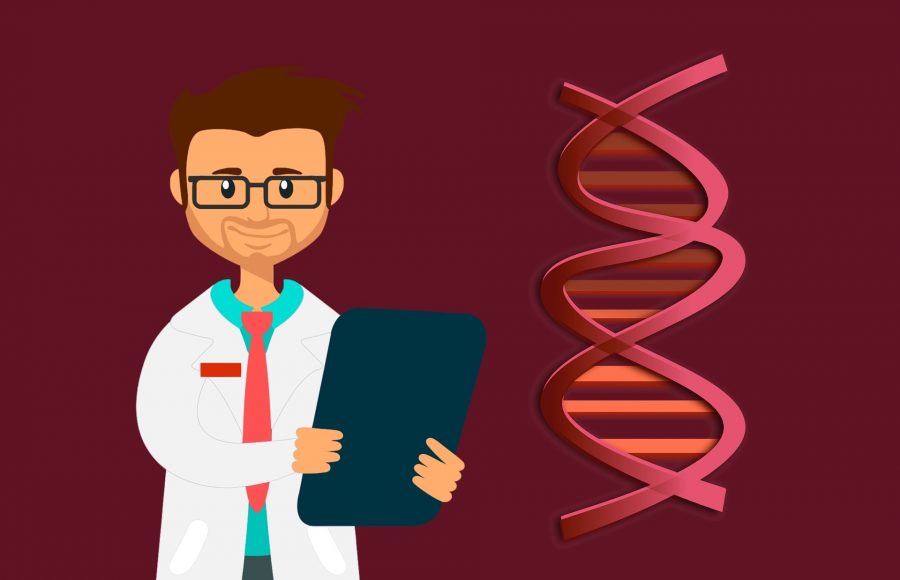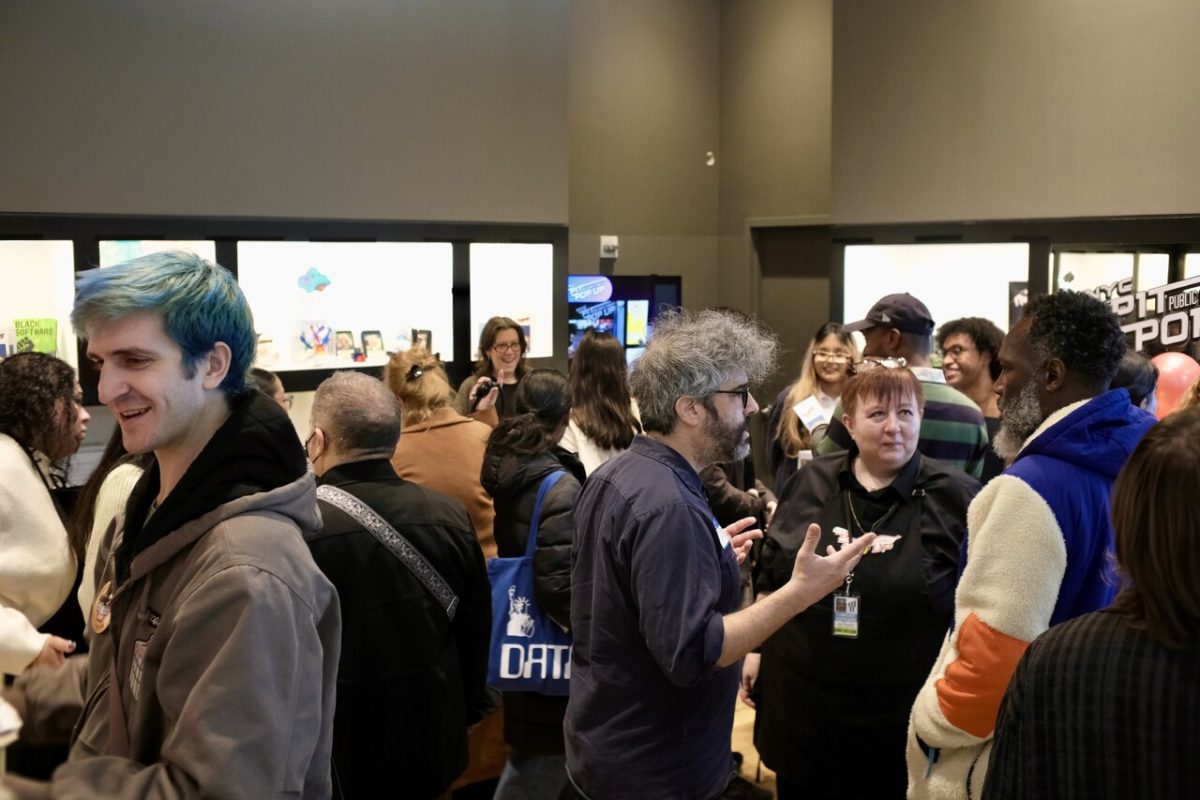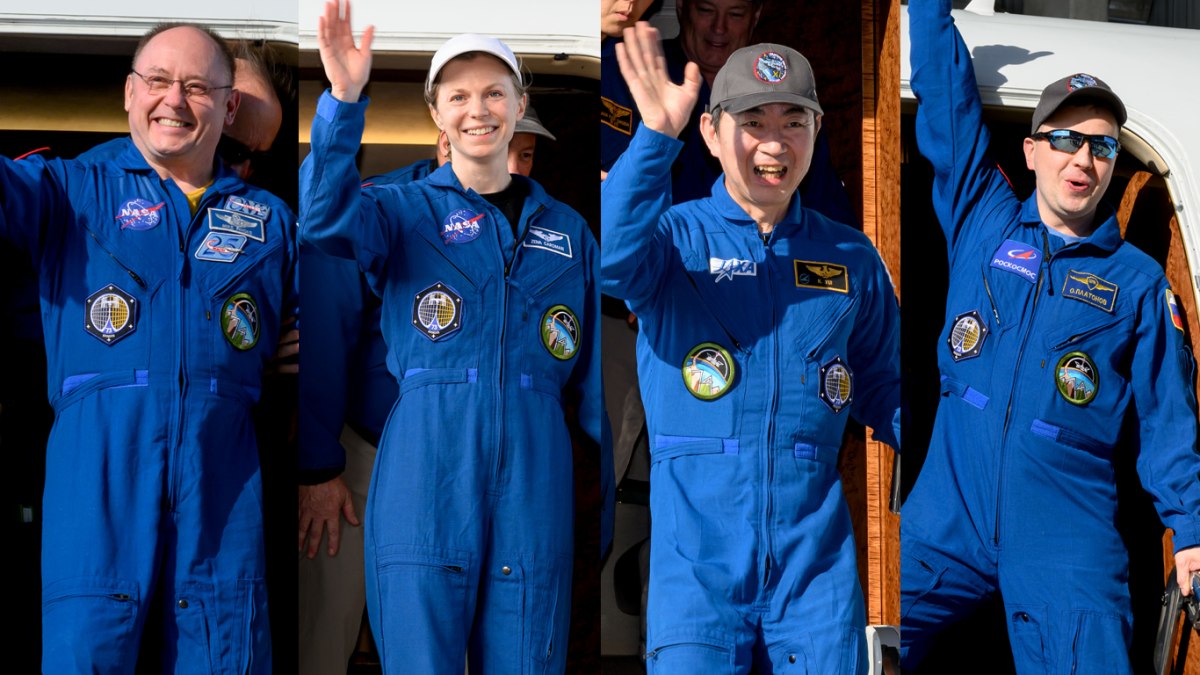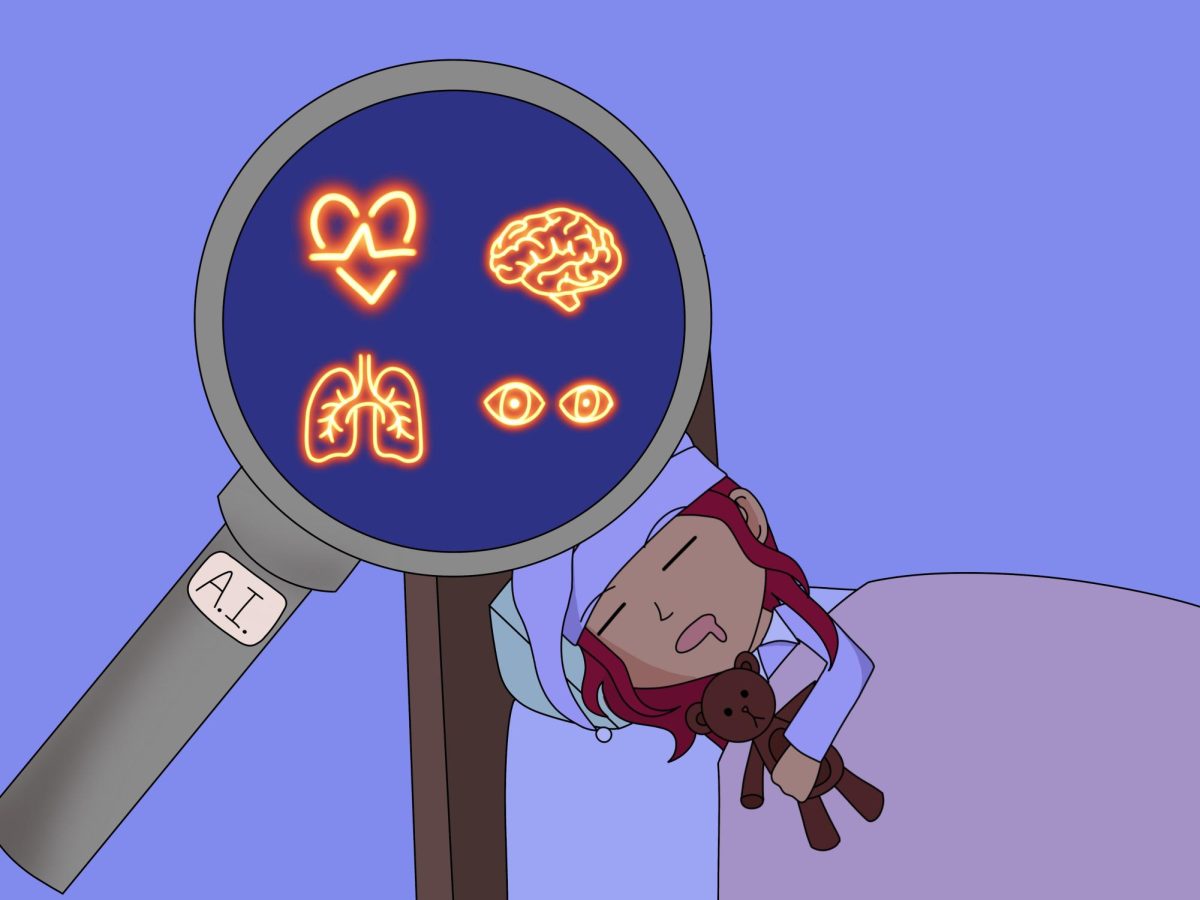The United States is facing a shortage of STEM workers. In the modern race for high-tech supremacy, these fields are essential in progressing innovative ideas and technologies. Though research in life sciences such as biology and physiology results in products that save and change lives, only 6.4 percent of Fall 2017 CUNY students were enrolled in science programs.
What is the world’s largest urban university system to do? The answer is the CUNY LifeSci Initiative, which hosted an opportunity for students to learn about career opportunities in science and business on April 30 at the New York Genome Center.
The CUNY LifeSci initiative was launched in October 2018 with the goal of creating a space to explore the available careers in the life sciences sector. Areas within the sector include biotechnology, pharmaceuticals, medical devices and more, though it is constantly changing as new advancements in technology are made. The CUNY Central’s Career Success Initiative hopes to help prepare students for roles that need top talent and inform them of opportunities that are as vast as they are diverse.
The career exploration event consisted of a panel of experts in the life sciences field with a variety of backgrounds. The panel included Amit Salam, a Queens College and John Jay alumnus, who works as a recruiter at Medidata, a technology company furthering medical research and provided perspective from the human resources side of a science company.
Mariya Elterman, Doug Thiede and Dr. Maria Luisa Pineda were also panel members.
Elterman works as a vice president medical director at CDM New York, an advertising company specializing in the health and life sciences sectors.
To provide a governmental perspective, Thiede spoke about his work as senior vice president of healthcare and life sciences at the New York City Economic Development Corp. Pineda discussed her experience in starting a biotech company as co-founder and CEO of Envisagenics, Inc.
The discussion was moderated by Kate Merton, head of Johnson & Johnson Innovation, known as JLABS, a life sciences accelerator with New York City offices and the location where the event was hosted.
Although the work of each panelist is unique, their backgrounds and stories of how they got to where they are now were similar in that their roads to their current positions were far from straightforward.
Elterman spoke about her initial goals established in high school to become a pharmacist, though she eventually changed course and now finds herself in a leading ad agency while still making use of her life science educational background. Thiede mentioned that he had no plans to go into government work upon getting his bachelor’s degree from the University of Virginia.
Many seasoned professionals tell of how their paths changed in ways they didn’t expect when they first began working, and the experiences of the panelists currently working in the life sciences sector are no different.
With innovation occurring so rapidly and advancements in technologies being made every day, it’s nearly impossible to predict what the future of sciences will look like.
In business-focused schools like Baruch where discussions in emerging tech are commonly tied to business applications, the CUNY LifeSci initiative does impactful work in demonstrating to students the role business plays in life sciences and how they can leverage their business interests to innovate in a unique space.








